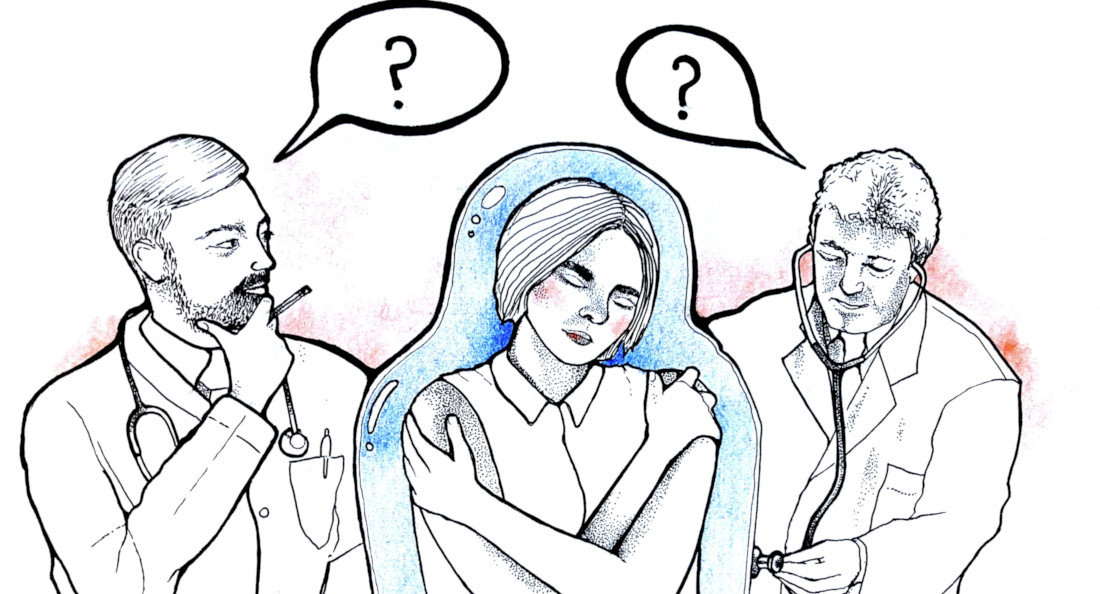The self-diagnosis debate
Seeing the spectrum

As I’ve learned more about autism, I’ve questioned why it was so important for me to receive an official, medical diagnosis in the first place. My diagnosis gave me a sense of legitimacy and reassurance. However, I’ve realized that, with a little more time and experience, I could have given myself that assurance.
Self-diagnosis can be a contentious topic among Autistic people. Some of us only consider official diagnosis legitimate. Some believe self-diagnosis is valid if there are barriers preventing someone from accessing the diagnostic process but encourage official diagnosis as the goal. And others, like myself, believe that self-diagnosis is equally as valid as official diagnoses and deserves to be respected in the same way.
One significant reason many Autistic people value self-diagnosis goes back to the history of autism diagnosis itself. Autism has been understood as a wide variety of different things over time. When autism was first described in 1943, it was viewed as a form of childhood schizophrenia. It had also been characterized as the result of unemotional mothers as well as an “extreme male brain.”
It was only in the 1990s that autism was first characterized as existing on a spectrum, and it took until 2013 for the Diagnostic and Statistical Manual of Mental Disorders (DSM- 5) to recognize this officially.
Evidently, diagnostic categories are not objective, stable or easily measurable. In fact, studies have shown that psychiatrists all working from the same diagnostic tools have an alarmingly low inter-rater reliability. In other words, there is very little consistency between professionals. One psychiatrist may diagnose one patient with one condition, while another psychiatrist will diagnose the same patient with a different condition.
I have heard many stories of Autistic people receiving an array of different diagnoses from various professionals, which leaves them frustrated and confused.
Not only is professional autism diagnosis extremely subjective, but it’s also rooted in a medical, pathologized model of autism that has done incredible harm to Autistic people. Medical, therapeutic and scientific professionals have consistently been some of the greatest sources of abuse and trauma for many of us.
Hans Asperger, the doctor Asperger’s syndrome was named after, colluded with Nazis to have Autistic children killed, protecting only those he deemed intelligent enough to be saved. To this day, there are countless horror stories from Autistic people forced into what are essentially conversion therapies focused on repressing Autistic traits.
Clinical texts like the DSM-5 characterize autism as a “disorder” based on “deficits,” but much of the autistic community resists this negative framing of what we consider to be a valuable and inextricable part of ourselves.
Advocating for self-diagnosis shifts the power away from institutions that have harmed us and gives Autistic people the right to define ourselves.
If you see yourself reflected in our stories, you are allowed to identify with us. You also don’t need an official diagnosis to use stim toys, wear ear defenders or ask a restaurant to turn the music down. If you know what you need, you are allowed to ask for it, regardless of what a doctor has or hasn’t labeled you.
Hannah Penner is a criminal-justice student at the University of Winnipeg interested in prison abolition. She is a queer Autistic cat-lover who spends way too much time on Twitter.
Published in Volume 76, Number 08 of The Uniter (November 4, 2021)







